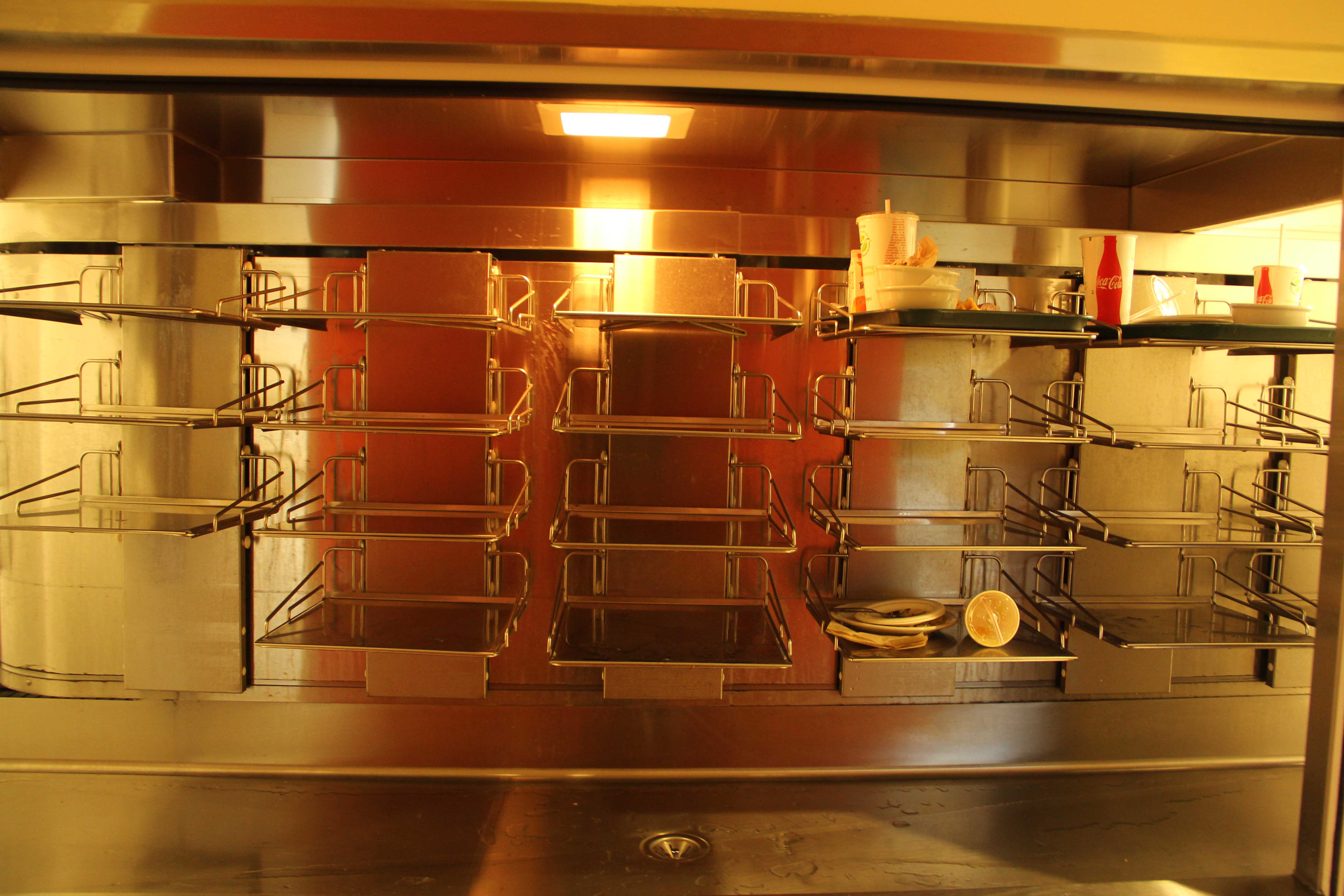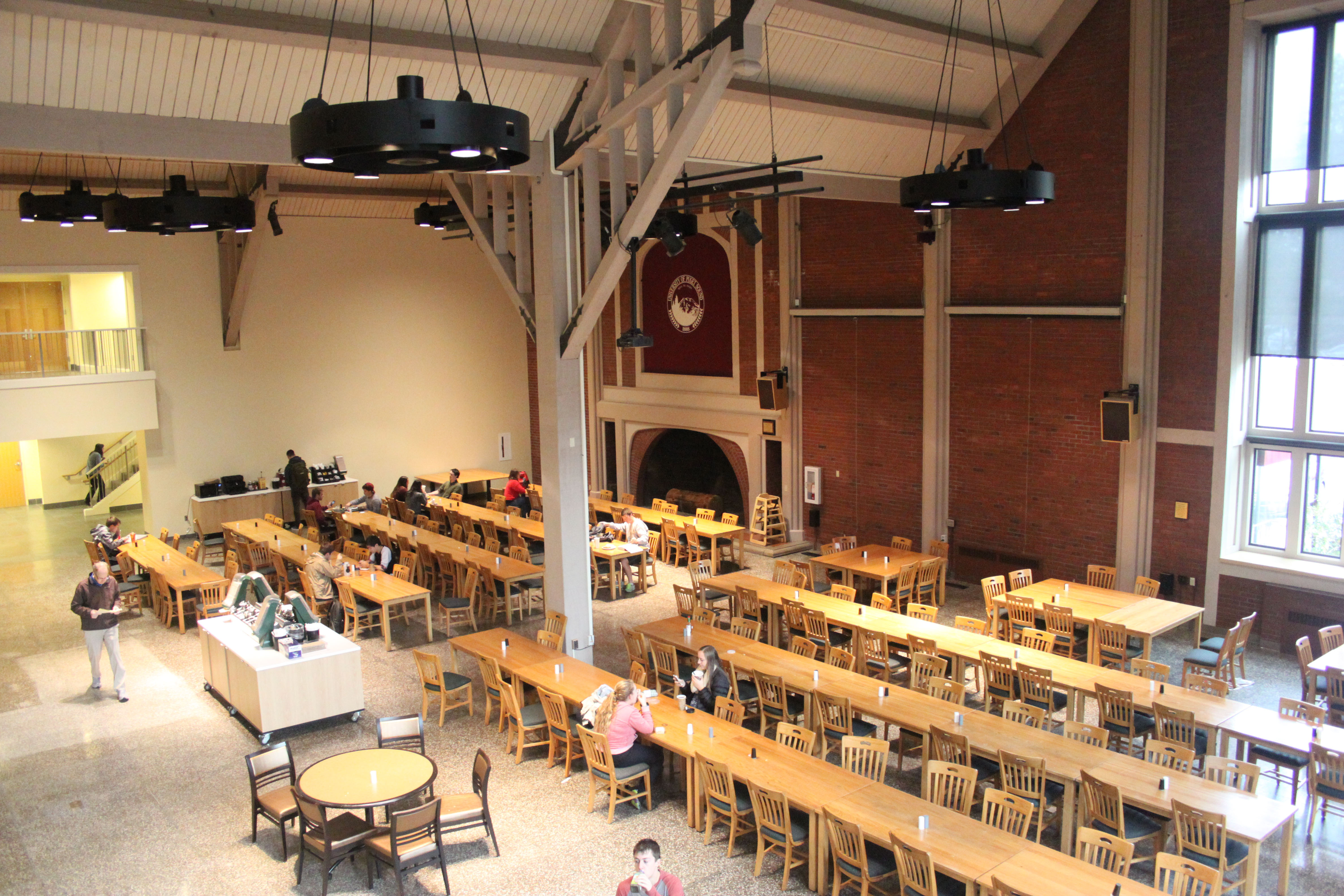
Minimum wage in the city of Tacoma has increased to $12.35 per hour, beginning Jan. 1, 2019.
This new minimum wage is following the trend of increases that have taken place over the last few years. In 2015, voters approved an initiative to raise Tacoma’s minimum wage to $12 dollars an hour over the course of two years. In 2018, the $12 mark was reached, and according to the city’s website, the 2019 raise in minimum wage is adjusting for the rate of inflation.
Dining and Conference Services (DCS) at the University has, of course, adjusted for the changes in minimum wage. Student workers (with the exception of student leads) currently make slightly above minimum wage ($12.50/hr). Wages for full-time Dining and Conference Services staff vary, but generally starts at the same rate, just above minimum wage.
Unlike other campus departments, DCS is operated not only by the University, but also by Columbia Hospitality, a Seattle-based hospitality management and consulting company owned by Puget Sound alumnus John Oppenheimer.
According to the Columbia Hospitality website, “Puget Sound Dining & Conference Services is proudly owned and operated by the University of Puget Sound in collaboration with Columbia Hospitality. Their exceptional team is committed to serving the Puget Sound region by offering nutritionally sound meals, mentoring students, providing hospitality with integrity and leading our community in sustainable initiatives.”
So are DCS full-time staff employed by the University, or Columbia Hospitality?
According the University website, “Dining and Conference Services proudly employs 100 professional staff members who ensure the entire Puget Sound community has a positive dining experience. With team members ranging from recent alums to those who have worked for the university for 35 years, you will be sure to receive your meal with a smile.”
These 100 professional staff members work at many different venues, including the cafes, the Cellar, and catering. The majority of full-time staff, however, work at the Diner. Given the nature of working throughout the day, the full-time staff at the Diner tend to take the lead in most tasks, delegate tasks to the student workers, and train new employees.
In the opinion of many, to have any full-time staff compensated at the same rate as student workers is problematic. Given the nature of working full-time, these workers take on more of a leadership role.
“Anything I do, I ask the full-time staff. They’re definitely more in charge” one student worker said. “At one of the stations I worked at there was a few days where students would call out sick and she [the full-time worker] would have to cover all of their work,” the student worker continued.
“Though our actions and tasks appear identical, I believe the responsibility the staff has differs greatly from our student workers. For the staff this is our J-O-B, not a supplement to our education. We are responsible for upholding the quality, safety, and standards of DCS,” one full-time staff member at the diner said.
Many full-time staff at the diner were also affected by the recent weather problems. When campus is officially closed due to snow, DCS full-time staff are compensated at a double-time rate because the Diner is considered an essential service. However, many DCS staff commuted in the snow and were not compensated for double time, on days like Feb. 4 when campus was closed starting at 1 p.m., and Feb. 5 when campus had a delayed opening at 11 a.m.


